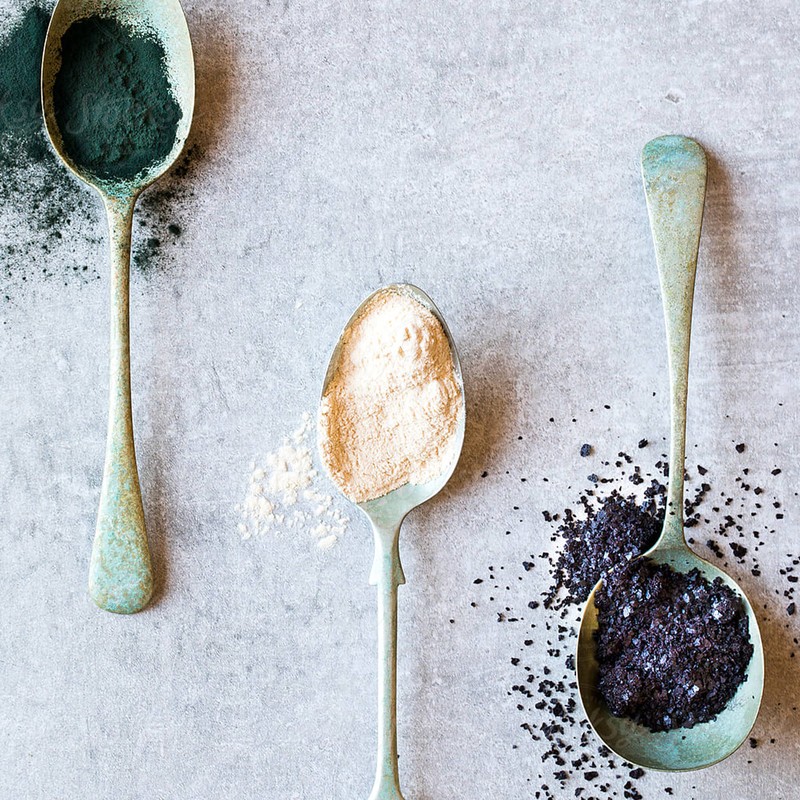Why You Should Add Adaptogens To Your Daily Routine
What Exactly Are Adaptogens?
Adaptogens are a specific type of herbal supplement that support the body’s ability to deal with stress. “Adaptogens help the body react and recover from both short-term and long-term physical or mental stress,” explains Puresport nutritionist Gail Madalena. “When we face a stressor, our body goes through three stages – alarm, resistance and exhaustion. Adaptogens enable us to stay in the resistance phase for longer, meaning we don’t crash in the midst of a stressful situation. There’s promising research to show they can boost immunity, combat fatigue, enhance mental performance, ease depression and anxiety and promote overall wellbeing.”
How Do You Know If You Need Them?
Researchers agree our bodies are existing in a prolonged state of stress. In addition to the kind of anxiety that comes with deadlines, hectic diaries and burning the candle at both ends, there’s also stress at a physiological level. Stressors like sleep deprivation, sedentary office jobs, and overexposure to toxins can have a huge impact on our physical and emotional wellbeing. As Clarissa Berry, nutritionist for Dirtea, tells us, “On a daily basis we encounter environmental, financial, emotional and physical stressors, all of which add up and place a huge strain on the body. An overflowing inbox, an argument with a friend, outstanding bills, chemicals in the food we eat, pollution, food intolerances or an intense gym session – these all contribute to our stress load. Adaptogens harmonise and strengthen you, both in the moment and over time.”
Do They Really Work?
It may be hard to believe that simple plants and herbs can have such a tangible effect on the body, but a 2010 study by the Swedish Herbal Institute found adaptogens have a significant effect on stress-induced symptoms, especially when they are coupled with fatigue. Just don’t expect miracles overnight, as experts believe it can take up to eight weeks before you start seeing results. “Every adaptogen is different, so it’s not always easy to predict whether or not they’ll have an immediate effect,” says Gail. “You’ll need to be patient to see any changes. It’s likely you’ll start to feel some effects within the first month, and some adaptogens may even be felt within the first week.”
How Should You Take Them?
Adaptogens come in powders, teas, tinctures and pills, meaning there are various ways to take them, and it ultimately comes down to personal preference. However, some studies have suggested powders are better absorbed than tablets, which rely on the stomach to be broken down. If you are buying a powder, keep an eye out for the word ‘extract’ on the packaging, which is a sign of quality and how the supplement has been produced. A ratio such as 10:1, for example, tells you that ten parts herb have been used to produce one part powder.
Which Are The Best Ones To Try?
BEST FOR STRESS: Ashwagandha
Ashwagandha is a superpower among adaptogens, known mainly for reducing cortisol levels. One study showed a 69% reduction in stress levels after taking ashwagandha for a 60-day period. “This Ayurvedic herb has been used for thousands of years for its balancing effects,” adds Clarissa. “Studies also show it can help balance blood sugar and reduce inflammation.”
BEST FOR MOOD: Rhodiola
Like ashwagandha, rhodiola is a popular adaptogen, particularly when it comes to overcoming fatigue and improving mood by transporting serotonin precursors to the brain. “Its ability to balance the body’s systems makes it a powerful aid against stress and fatigue, and studies show it may help reduce symptoms of depression,” says Clarissa.
BEST FOR EXERCISE: Cordyceps
“Cordyceps is a medicinal mushroom that provides a natural, caffeine-free energy boost without the crash we associate with other stimulants,” says Clarissa. “Alongside its stress-relieving properties, it supports the body’s energy systems, oxygen delivery and respiratory health. Taken before a workout, it can enhance both endurance and athletic performance, and studies show it may be beneficial for those with asthma.”
BEST FOR IMMUNITY: Reishi
A strengthening and balancing super mushroom, reishi is packed with antioxidants to support the immune system, strengthen the liver and aid in detoxification. It can help a restful night’s sleep, too, says Gail. “Reishi encourages the gut bacteria to produce serotonin, a key neurotransmitter in regulating sleep cycles.”
BEST FOR FOCUS: Lion’s Mane
Lion’s mane can boost mental performance, memory and focus, making it a useful addition to your morning routine, says Clarissa. “It’s also mood-balancing, reduces inflammation and supports healthy digestion. Research suggests it may also be protective against dementia, given its ability to stimulate the growth and repair of nerve cells.”
BEST FOR ENERGY: Panax or Asian Ginseng
Ginseng has been shown to stimulate mental activity in people who feel tired or who are fighting brain fog. “It provides a natural energy boost and an increase in mental alertness without having to rely on caffeine,” says Clarissa. “It can also help control blood sugar, strengthen the immune system and improve blood circulation.”
BEST FOR HORMONES: Maca
Maca has an incredible ability to improve the body’s hormone balance, Clarissa tells us. “Studies show benefits on PMS, menopausal symptoms and male fertility. It can also improve libido and enhance mood.” With a naturally sweet flavour, maca is a great one to add to smoothies.
Anything Else?
While adaptogens may seem a cure-all, they shouldn’t be taken on a long-term basis, finishes naturopathic nutritionist Vanessa Rohmig. “Take a break from your adaptogen after taking it for six months as the body can build up resistance,” she explains. “The whole point of an adaptogen is to bring the body back to balance so it can take on stress well enough on its own – the end goal isn’t to become dependent but to restore balance to the body.”
For more, visit Puresport.co, DirteaWorld.com & FormNutrition.com
Want In? Shop SL’s Edit Of The Best Adaptogens Out There…
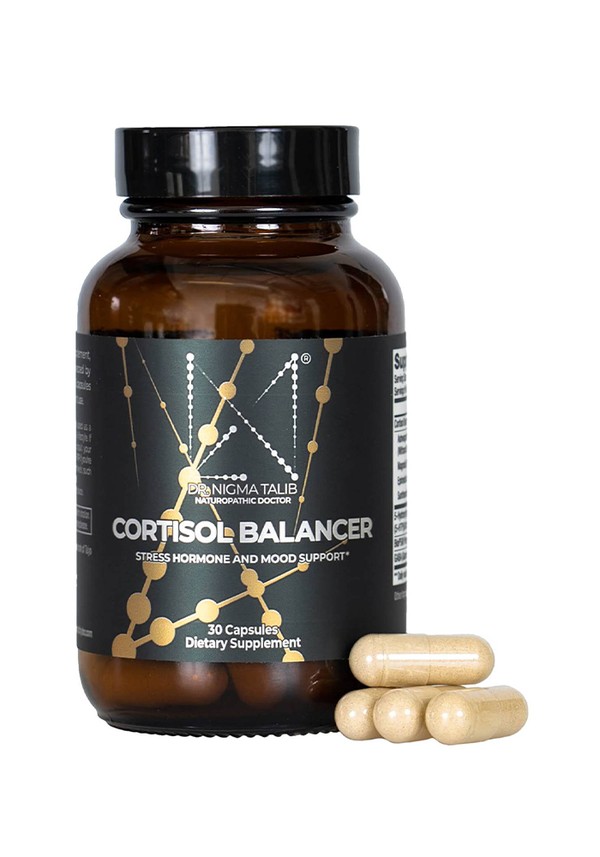
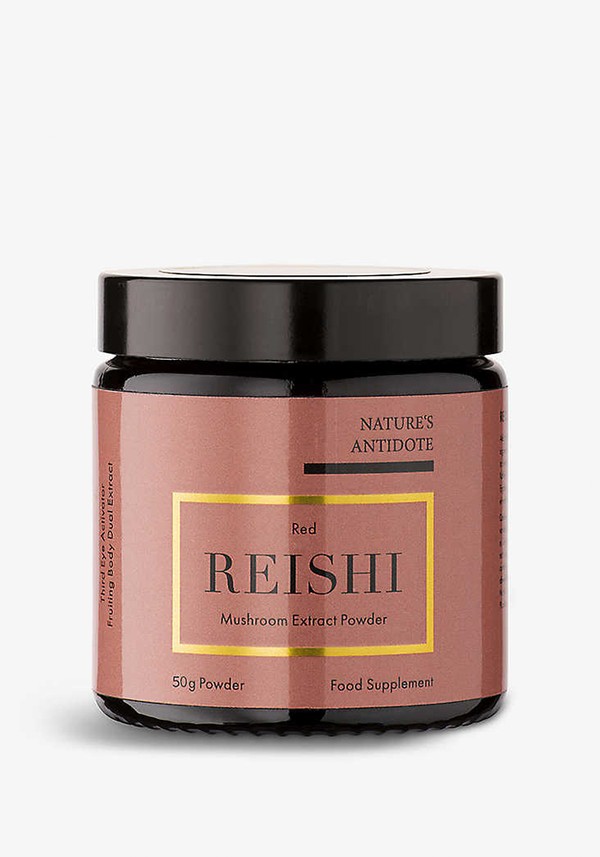
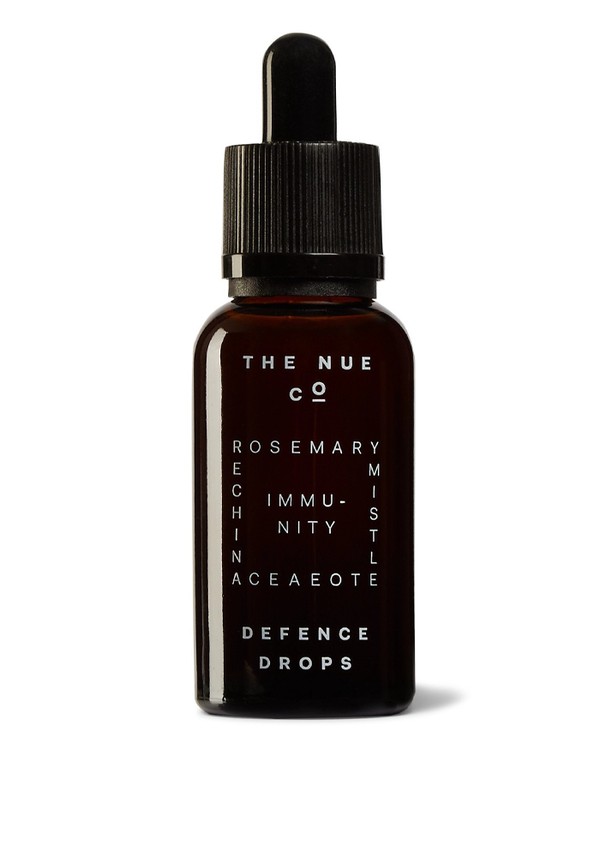
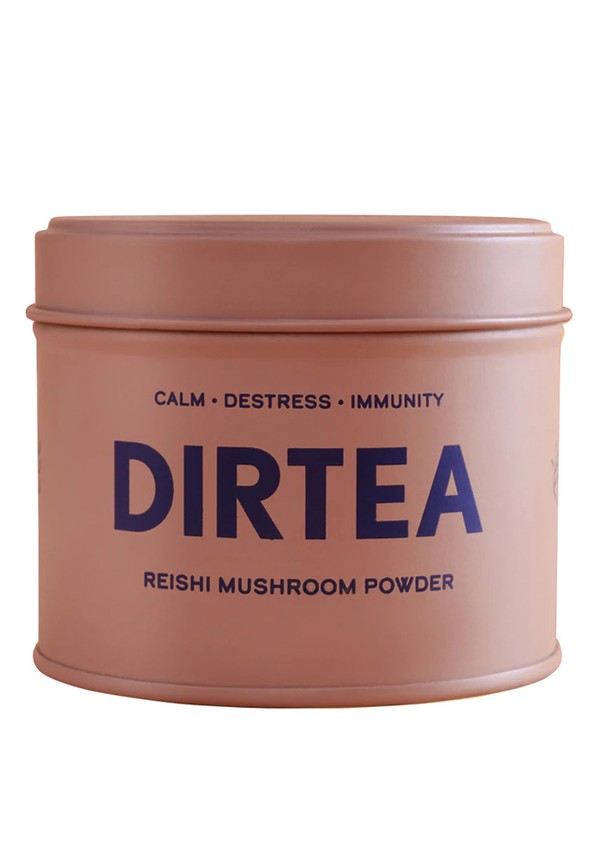
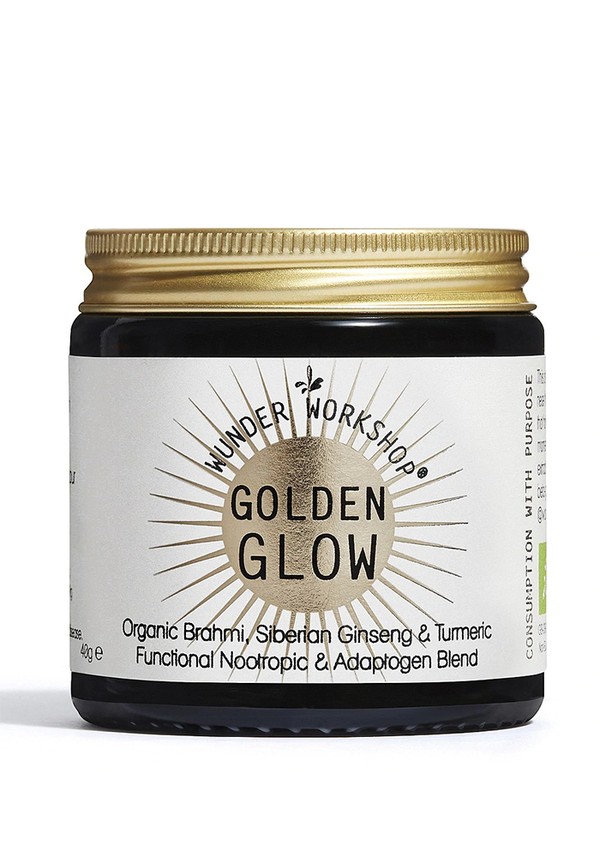
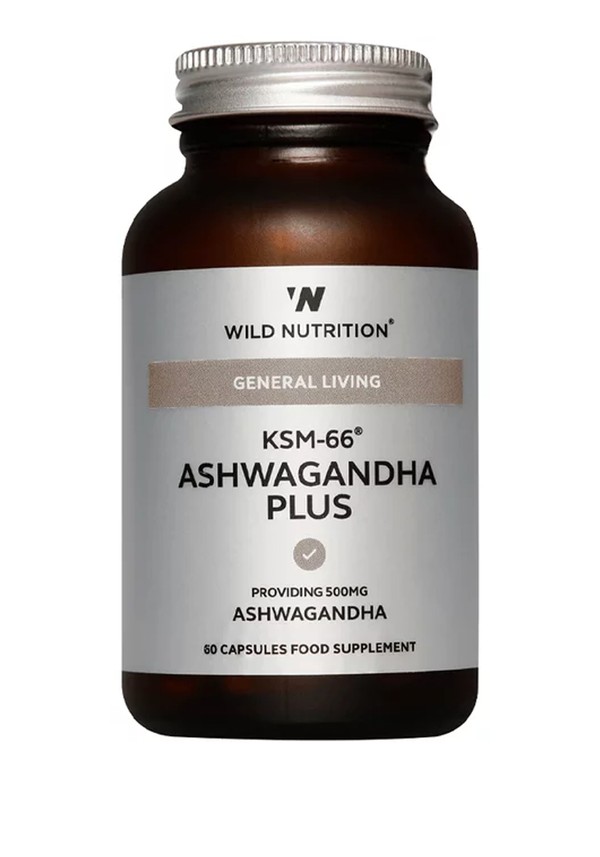
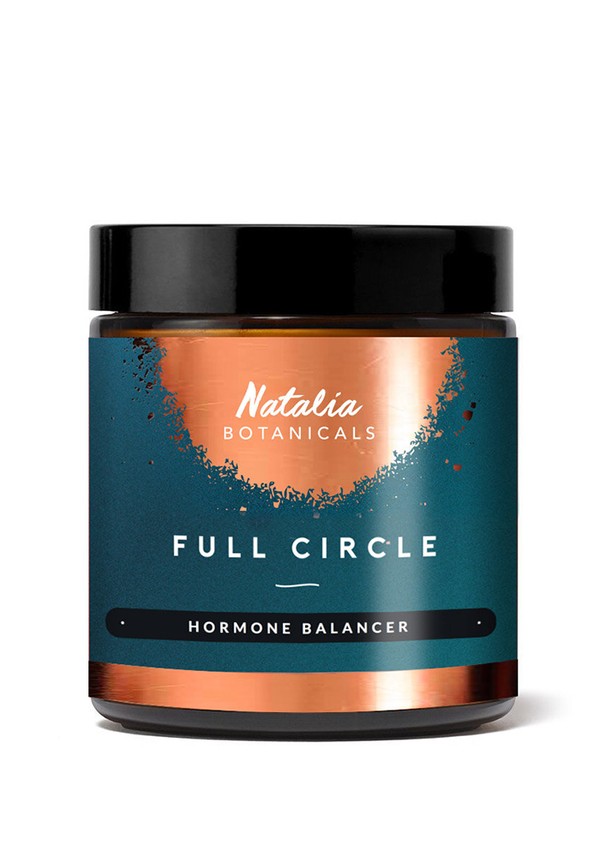
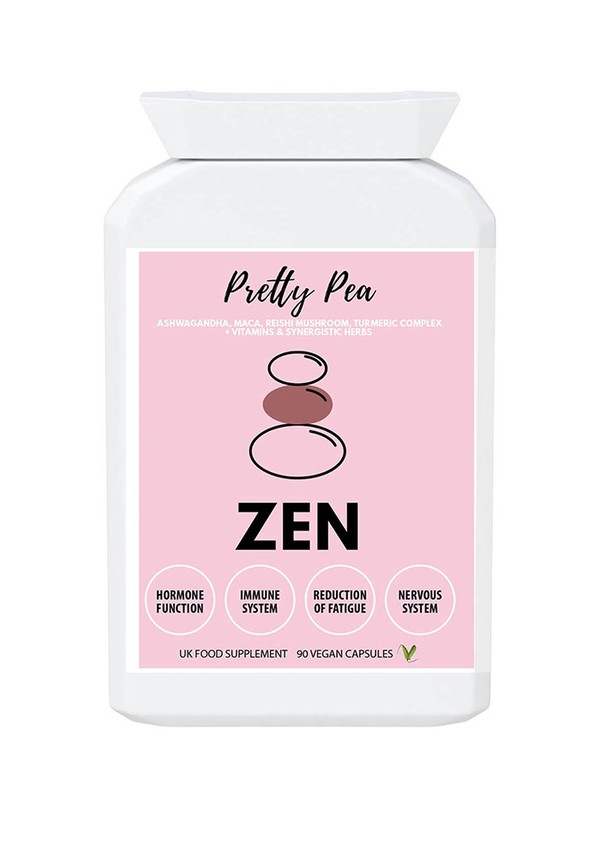
DISCLAIMER: Features published by SheerLuxe are not intended to treat, diagnose, cure or prevent any disease. Always seek the advice of your GP or another qualified healthcare provider for any questions you have regarding a medical condition, and before undertaking any diet, exercise or other health-related programme
DISCLAIMER: We endeavour to always credit the correct original source of every image we use. If you think a credit may be incorrect, please contact us at info@sheerluxe.com.
